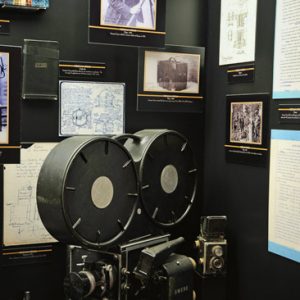 Freeman Owens Exhibit
Freeman Owens Exhibit
Time Period: Divergent Prosperity and the Arc of Reform (1968 - 2022) - Starting with O
 Freeman Owens Exhibit
Freeman Owens Exhibit
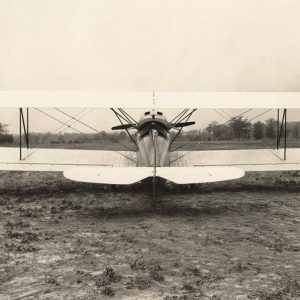 OX-5 Powered Plane
OX-5 Powered Plane
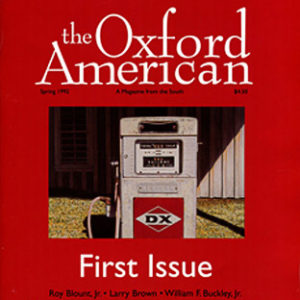 Oxford American First Issue
Oxford American First Issue
Oxford American (OA)
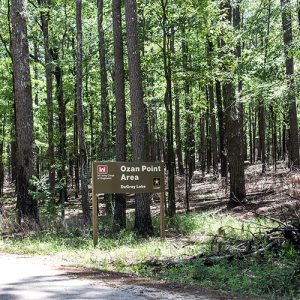 Ozan Point
Ozan Point
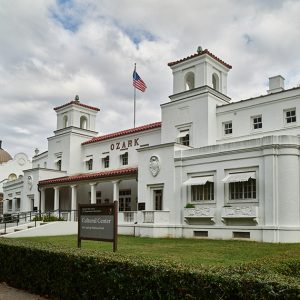 Ozark Bathhouse
Ozark Bathhouse
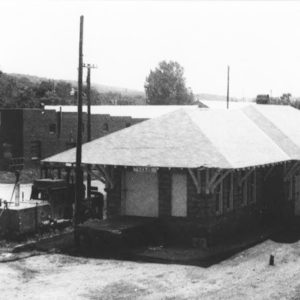 Ozark Depot
Ozark Depot
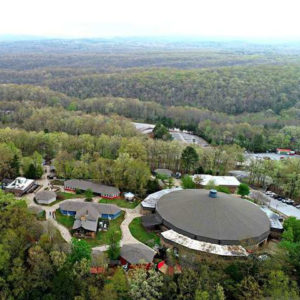 Ozark Folk Center
Ozark Folk Center
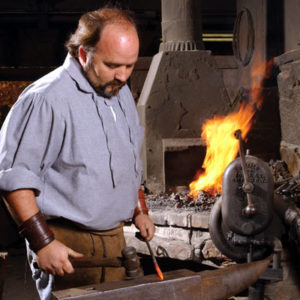 Ozark Folk Center Blacksmith
Ozark Folk Center Blacksmith
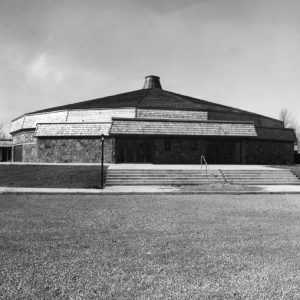 Ozark Folk Center State Park
Ozark Folk Center State Park
Ozark Foothills FilmFest
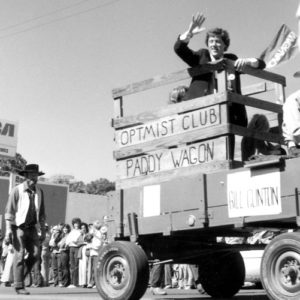 Ozark Frontier Trail Festival
Ozark Frontier Trail Festival
 Ozark Hellbender
Ozark Hellbender
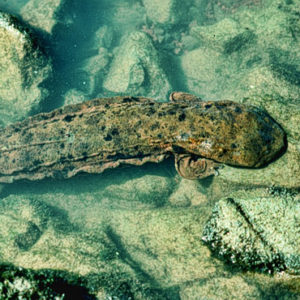 Ozark Hellbender
Ozark Hellbender
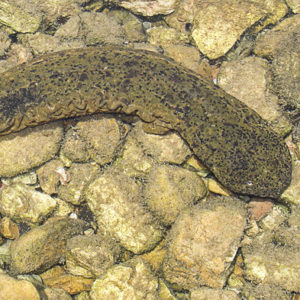 Ozark Hellbender
Ozark Hellbender
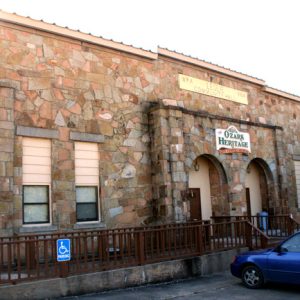 The Ozark Heritage Arts Center and Museum
The Ozark Heritage Arts Center and Museum
Ozark Highlands National Recreation Trail
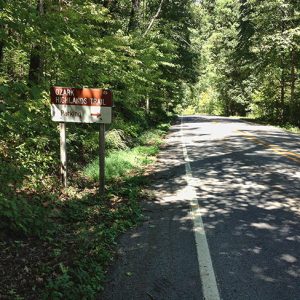 Ozark Highlands Trail
Ozark Highlands Trail
Ozark Institute [Organization]
Ozark Land Holding Association
Ozark Mountain Folk Fair
 Ozark Mountain Folk Fair Audience
Ozark Mountain Folk Fair Audience
 Ozark Mountain Folk Fair
Ozark Mountain Folk Fair
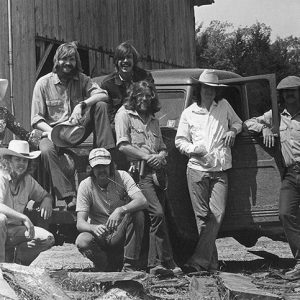 Ozark Mountain Folk Fair Staff
Ozark Mountain Folk Fair Staff
Ozark Mountain UFO Conference
aka: Ozark UFO Conference
Ozark Natural Science Center
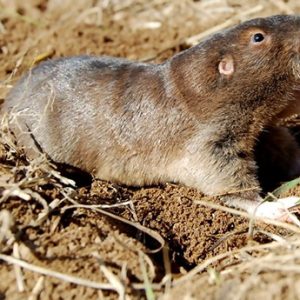 Ozark Pocket Gopher
Ozark Pocket Gopher
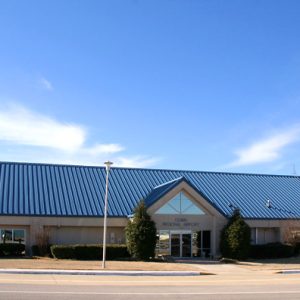 Ozark Regional Airport
Ozark Regional Airport
Ozark Sharks
aka: Summer Shark Attack
Ozark Society
Ozark Trilogy, The
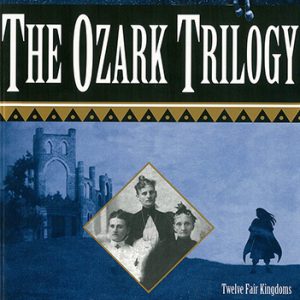 The Ozark Trilogy
The Ozark Trilogy
Ozarka College
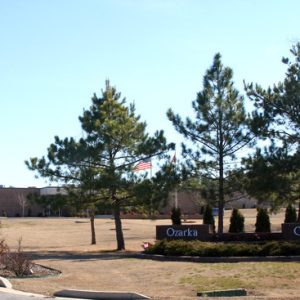 Ozarka College
Ozarka College
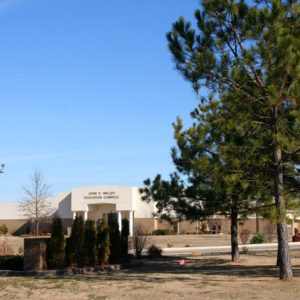 Ozarka College
Ozarka College
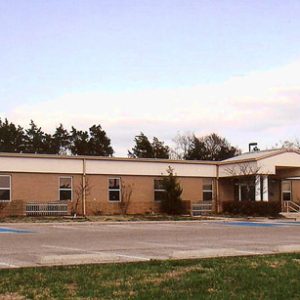 Ozarka College
Ozarka College




